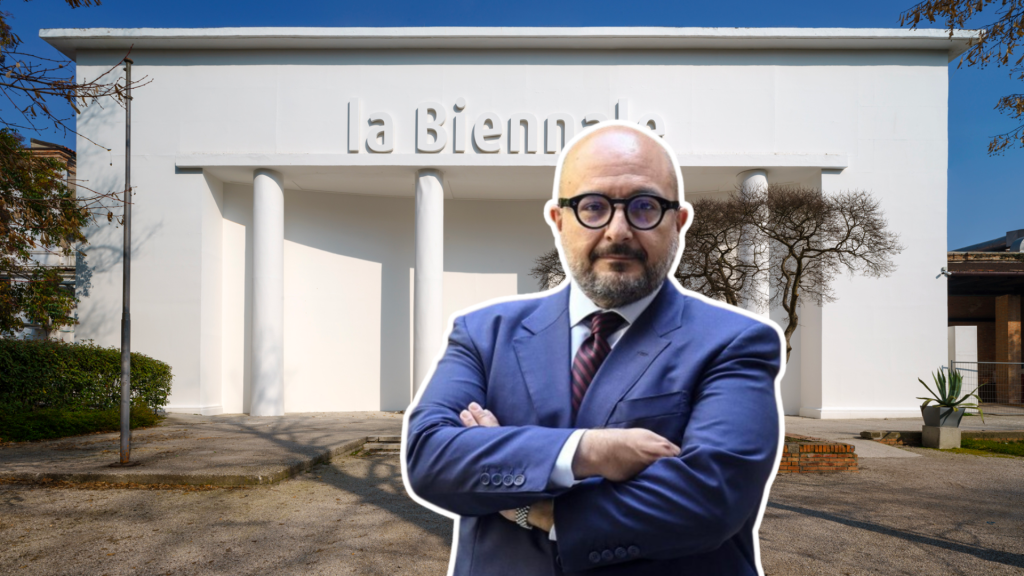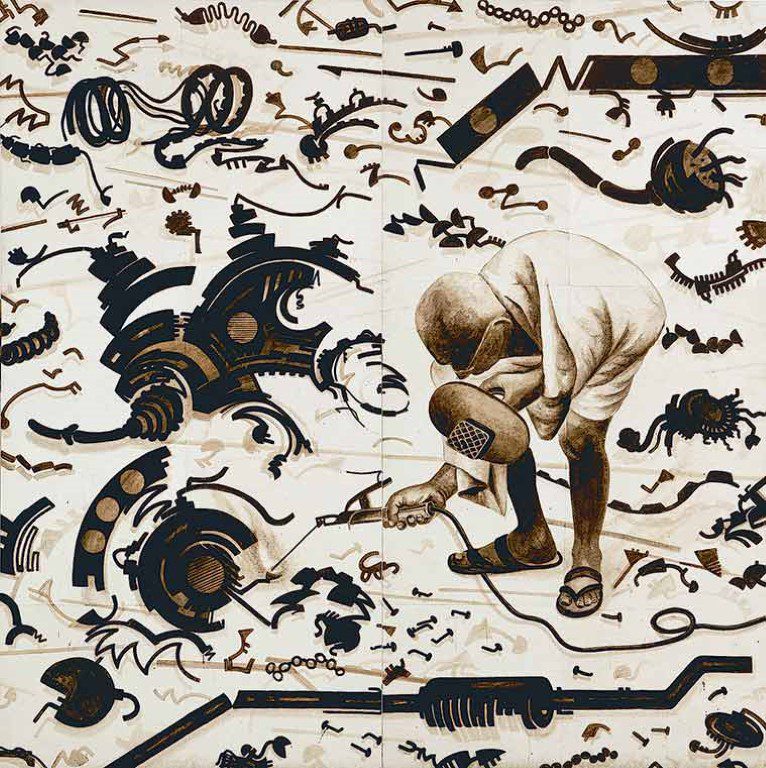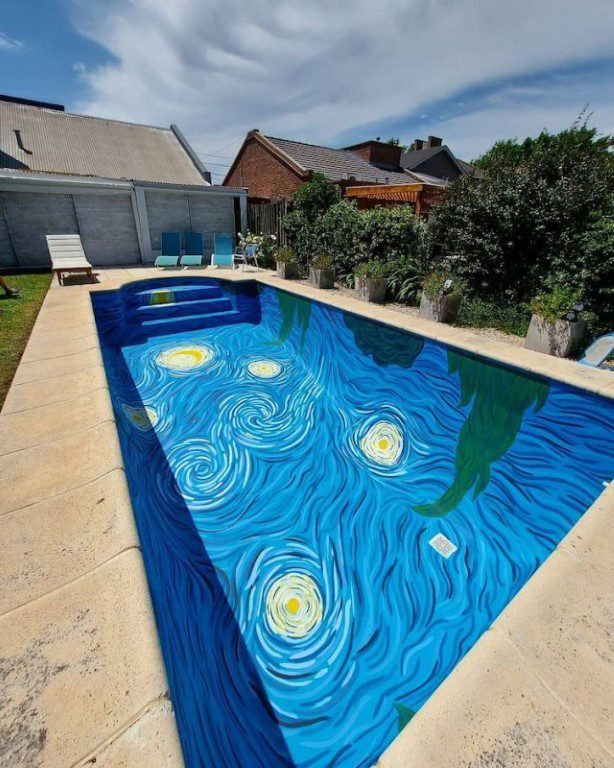Italian Culture Minister Gennaro Sangiuliano has sparked controversy with his recent statement defending the Israeli Pavilion at the Venice Biennale. Despite an open letter signed by past and current Biennale participants, Turner Prize winners, and other acclaimed artists urging reconsideration, Sangiuliano asserted that the Israeli Pavilion would proceed as planned.
In a strongly worded statement, Sangiuliano criticised the signatories of the letter, labelling their actions as “shameful” and accusing them of threatening Italy’s culture of freedom. He emphasised Israel’s right and duty to express its art, particularly in light of recent attacks on the nation. Sangiuliano emphasised that the Biennale stands as a space for freedom, encounter, and dialogue, rejecting any notion of censorship or intolerance.
Artists Condemn Minister’s Response
The Art Not Genocide Alliance, the group behind the open letter, swiftly responded to Sangiuliano’s statement. They asserted that culture cannot serve as a bridge between nations when one nation is implicated in the suppression of another. Refuting Sangiuliano’s characterization, they argued that Israel’s actions undermine the principles of freedom and dialogue that the Biennale purports to uphold.
History of Israeli Pavilion at the Biennale
Israel’s presence at the Venice Biennale dates back to 1950, with the nation regularly exhibiting in its dedicated pavilion. This year, artist Ruth Patir is set to represent Israel at the festival. However, the longstanding tradition has recently come under scrutiny amidst heightened tensions in the region.
Continued Debate and Implications
The clash surrounding the Israeli Pavilion underscores broader debates about the intersection of art, politics, and human rights. As the Biennale approaches, it remains to be seen how this controversy will unfold and whether it will impact participation or attendance.
While Sangiuliano’s defense of the Israeli Pavilion has stirred passionate responses, it also highlights the complexities of navigating cultural expression in a politically charged climate. As stakeholders continue to weigh in, the Venice Biennale stands at the nexus of artistic freedom and geopolitical tensions, inviting critical reflection on the role of art in shaping global discourse.
Lisson Gallery Pauses Ai Weiwei Show Amid Controversial Tweet on Israel-Hamas War





